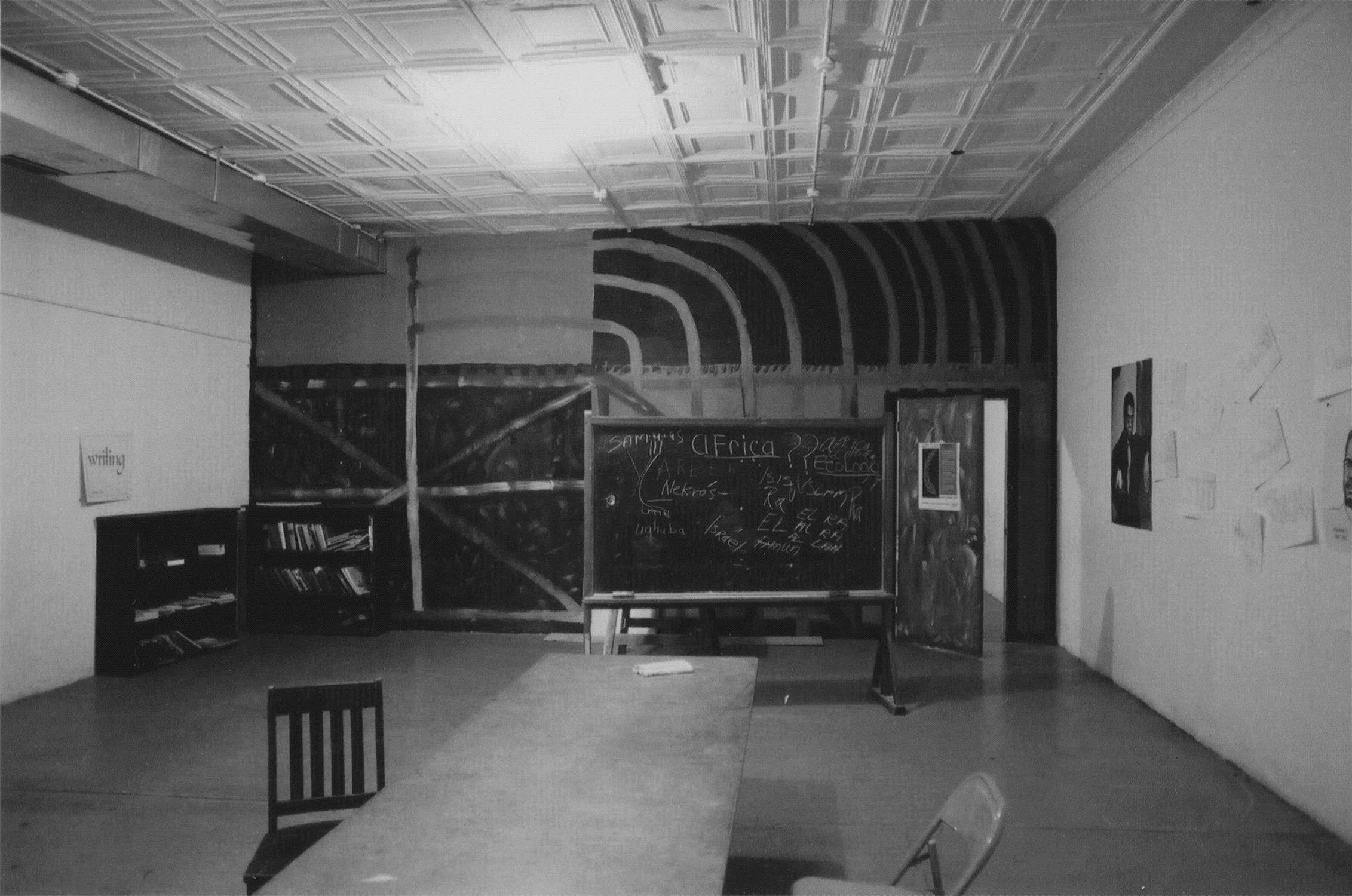“This is not to say that I deny membership in certain groups or communities. Not at all. But the ‘We’re here, too!’ agenda says nearly nothing to me about the real problems and conflicts in the world. The way those then-new orgs (especially in liberal Minnesota) attracted corporate ‘good works’-type funding–and pretty quickly professionalized their staffs–for me was a red flag. It was a good moment for Asian Americans looking for professional opportunities in the arts, but not for Asian American cultural workers whose political agendas overflowed the confines of identity assertion.” an excerpt from Anthony Romero and Dan S. Wang’s forthcoming conversation in print, The Social Practice That is Race
RM < > MR primer…
The Revolution in Music / The Music in Revolution
ed. by Anthony Romero & Matthew Joynt
Coming in early March, 2016…
To resist regulation, regimentation, and normalization is the struggle of what has come to be called free jazz, the musical and political culture which emerges in the United States in the 50s and 60s during a time of great social and political upheaval and experimentation.The immediacy and urgency of the art form provides us with, not just an experience, but a framework for thinking about collectivity, individualism, self-determination, and the many ways in which these processes and practices intersect with and enliven one another.
Make no mistakes about it, the implementation of alternative and radical politics, like those that can be found in and around the history of free jazz, at least within the United States, is difficult. Free jazz, like other social practices, is a difficult art. And it should be. NOW is no place for the passive, NOW is the time, and NOW is the place for difficult politics and difficult art.
A series of publications and audio releases, The Revolution in Music / The Music in Revolution faces this difficulty head on, summoning a constellation of ideas and regional histories that confront the relationship between free jazz and radical politics. Highlighting and advocating overlapping social and political practices, through booklets, books, records and more, the series makes current the past, and advocates for the political potentiality of the difficult.
